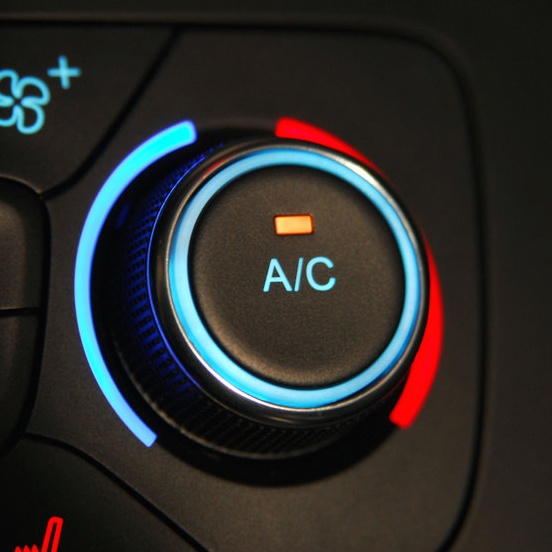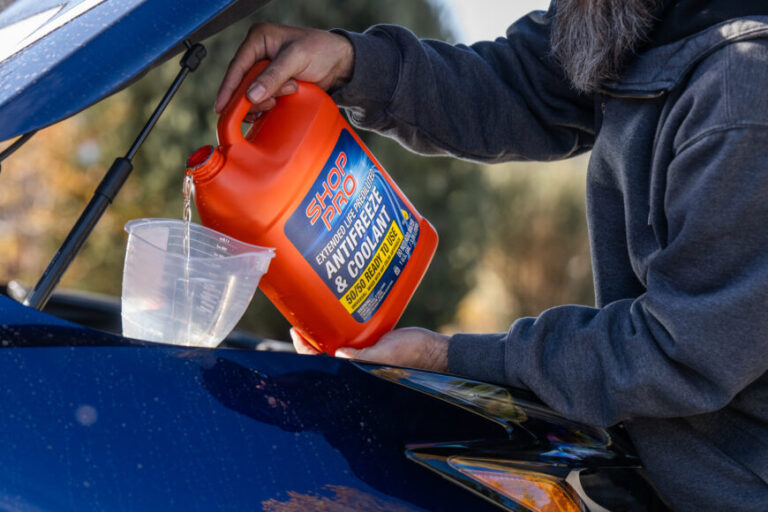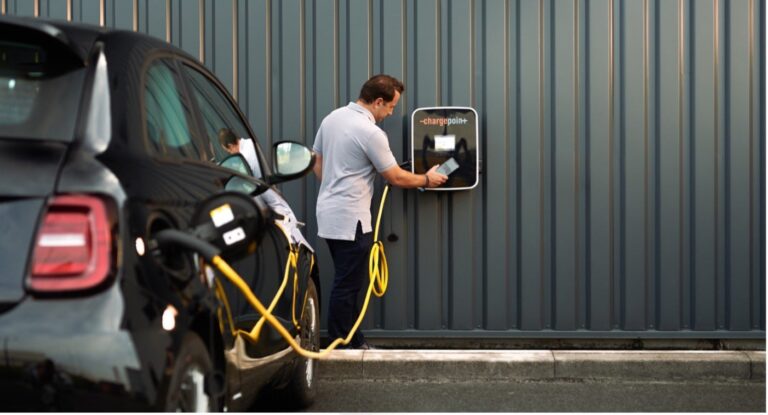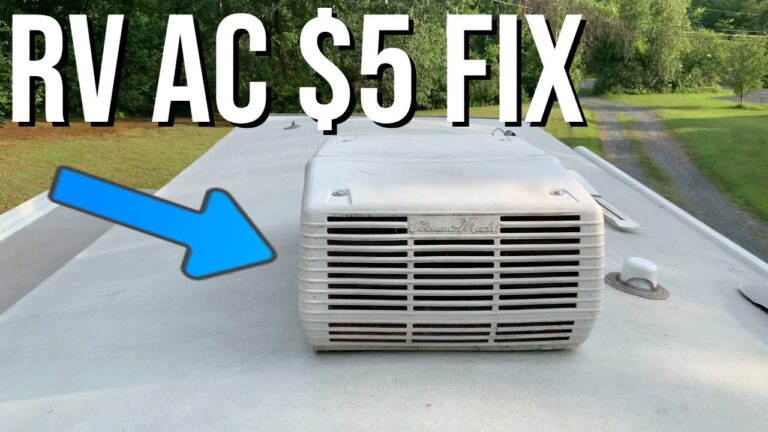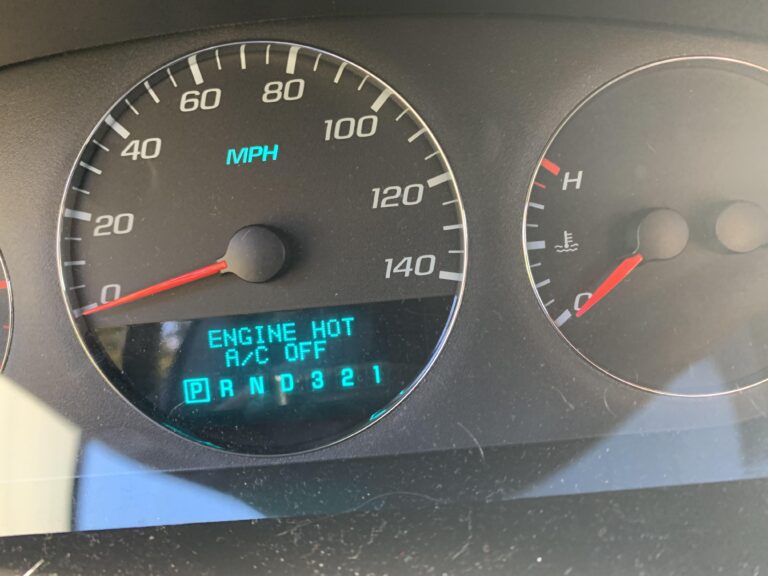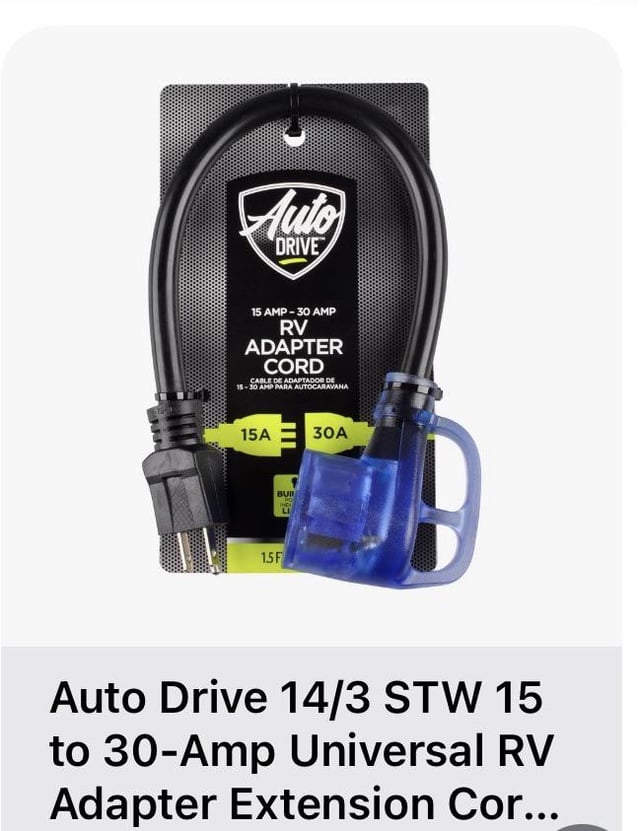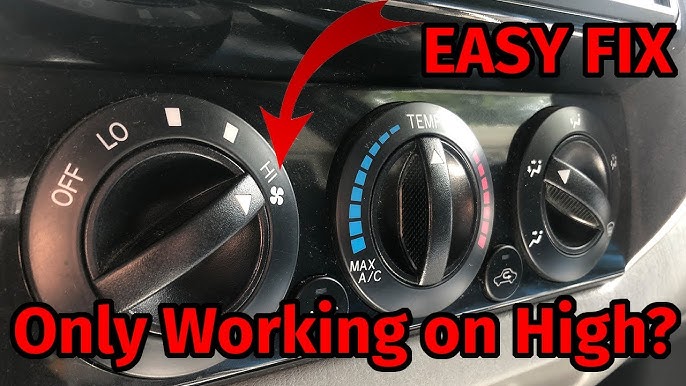Why Did My Air Conditioner Stop Working In My Car: Top Fixes
Your car’s air conditioner could stop working due to refrigerant leaks or a faulty compressor. Electrical issues can also cause problems.
A malfunctioning car air conditioner can be frustrating, especially in hot weather. Identifying the root cause is essential for a quick fix. Common issues include refrigerant leaks, compressor failures, and electrical problems. Refrigerant leaks reduce the system’s cooling efficiency. Faulty compressors can’t circulate refrigerant properly.
Electrical issues, like blown fuses or faulty wiring, disrupt the system’s operation. Regular maintenance can prevent many of these problems. Simple checks can help identify if the issue is minor or requires professional repair. Understanding these common causes can save time and money in getting your car’s air conditioner back to working order.
Common Causes Of Ac Failure
Is your car’s air conditioner blowing warm air? This can be frustrating, especially on hot days. Understanding why your car’s AC stopped working can help you fix the problem faster.
Refrigerant Leaks
One common cause is refrigerant leaks. Refrigerant is the fluid that cools the air in your AC system. Over time, tiny holes can develop in the AC hoses, allowing the refrigerant to escape. Without enough refrigerant, the AC can’t cool the air.
| Signs of Refrigerant Leaks |
|---|
| Warm air blowing from vents |
| Hissing sound from the AC |
| Oil stains near AC components |
Electrical Issues
Electrical issues can also cause your car’s AC to fail. The AC system relies on various electrical components, such as fuses, relays, and sensors. If any of these components fail, the AC may stop working. Check the fuse box for blown fuses. Replace any damaged fuses to see if it resolves the issue.
- Blown fuses
- Faulty relays
- Damaged sensors
Inspect these parts for visible damage. Replacing faulty components can restore your AC’s function.
Signs Your Ac Needs Repair
Experiencing issues with your car’s air conditioner can be frustrating. Identifying the signs early can prevent bigger problems. Here are some common signs that your car’s AC needs repair.
Warm Air Blowing
If your car’s AC is blowing warm air, it indicates a problem. The issue might be a refrigerant leak or a compressor failure. Low refrigerant levels can cause the AC to blow warm air. This often happens due to leaks in the system.
Another reason could be a faulty compressor. The compressor is essential for cooling. If it fails, you will get warm air instead of cool. It’s crucial to check for these issues early.
Unusual Noises
Unusual noises from the AC system are a red flag. Grinding or squealing sounds can indicate a mechanical problem. These noises often come from the AC compressor or fan.
Sometimes, debris or dirt in the AC system can cause these sounds. Rattling noises may mean loose parts in the AC unit. Regular maintenance can help identify and fix these issues.
Diy Troubleshooting Steps
When your car’s air conditioner stops working, it can be frustrating. DIY troubleshooting steps can help you identify the issue. Let’s explore some simple checks you can perform.
Check The Fuses
The first step is to check the fuses. A blown fuse can stop your AC from working. Here’s how you can check:
- Locate the fuse box in your car. Usually, it’s under the dashboard or in the engine bay.
- Open the fuse box cover. Look for the fuse diagram on the cover.
- Find the fuse labeled “AC” or “Air Conditioner”.
- Use a fuse puller or tweezers to remove the fuse.
- Inspect the fuse. If the metal strip inside is broken, the fuse is blown.
- Replace the blown fuse with a new one of the same rating.
Checking the fuses is a quick and easy step to take. It can often solve the issue.
Inspect The Compressor
If the fuses are fine, the next step is to inspect the compressor. The compressor is a crucial part of the AC system. Follow these steps to inspect it:
- Open the car hood and locate the AC compressor. It is usually at the front of the engine.
- Start the car and turn on the AC to the highest setting.
- Listen for any unusual noises coming from the compressor.
- Check if the compressor clutch is engaging. The clutch should spin when the AC is on.
- If the clutch is not spinning, there might be an issue with the compressor.
An issue with the compressor might require professional help. But identifying it early can save time.
By following these DIY troubleshooting steps, you can quickly identify common AC problems in your car. Check the fuses and inspect the compressor to start diagnosing the issue.

Credit: blog.rainbowmuffler.net
When To Seek Professional Help
Your car’s air conditioner can stop working for many reasons. Some issues are easy to fix. Others need a professional. Knowing when to seek help is crucial. This can save you time and money.
Complex Electrical Problems
Electrical problems can be tricky. They need special tools and skills.
Here are signs you need a professional:
- Blown fuses
- Faulty wiring
- Non-responsive controls
Electric issues can be dangerous. They can cause more damage. Always consult a specialist.
Refrigerant Handling
Refrigerant is essential for cooling. Handling refrigerant needs expertise.
Here are reasons to see a professional:
- Refrigerant leaks
- Low refrigerant levels
- Recharging the system
Using the wrong refrigerant can damage your AC. Professionals have the right equipment. They ensure safe handling.
Preventative Maintenance Tips
Keeping your car’s air conditioner in good shape is crucial. Regular maintenance helps avoid sudden breakdowns. Below are some essential tips to keep your AC running smoothly.
Regular Inspections
Regular inspections can catch small issues before they become big problems. Check the AC system at least twice a year. Look for any leaks, strange noises, or bad smells.
A professional can spot issues you might miss. Schedule a professional inspection annually. This ensures all components are functioning well.
System Cleaning
System cleaning is essential for efficient performance. Dust and debris can clog the system, reducing its efficiency.
You can clean the AC vents yourself. Use a soft brush or vacuum. For deeper cleaning, consider using a professional service.
Cleaning the cabin filter is also vital. A dirty filter can block airflow. Replace it every 15,000 to 30,000 miles.
Additional Tips
- Check refrigerant levels regularly.
- Ensure the compressor and condenser are in good condition.
- Run the AC for 10 minutes weekly, even in winter.
- Keep the car interior clean to avoid clogging the system.
By following these tips, you can extend the life of your car’s AC. Regular care keeps the system efficient and reliable.
Cost Of Ac Repairs
Understanding the cost of AC repairs in your car can be tricky. This guide will help you learn about common repair costs and factors affecting the price. Knowing these details can save you money and stress.
Common Repair Costs
Car AC repairs vary in cost. Here are some common repair costs:
- Refrigerant Recharge: $150 – $300
- AC Compressor Replacement: $500 – $1,200
- AC Condenser Replacement: $450 – $1,000
- AC Hose Repair: $200 – $600
- Blower Motor Replacement: $300 – $700
Factors Affecting Price
Several factors can affect the price of AC repairs in your car:
- Car Make and Model: Luxury cars often cost more.
- Labor Costs: Labor rates vary by location.
- Parts Availability: Rare parts can be expensive.
- Type of Repair: Some repairs are more complex.
- Warranty Status: Warranty can cover some costs.
| Repair Type | Estimated Cost |
|---|---|
| Refrigerant Recharge | $150 – $300 |
| AC Compressor Replacement | $500 – $1,200 |
| AC Condenser Replacement | $450 – $1,000 |
| AC Hose Repair | $200 – $600 |
| Blower Motor Replacement | $300 – $700 |
Benefits Of Regular Ac Maintenance
Your car’s air conditioner is crucial for comfort during hot days. Regular AC maintenance offers numerous benefits. These benefits ensure your AC works efficiently and lasts longer. Let’s explore the key advantages of maintaining your car’s AC system.
Extended Lifespan
Maintaining your car’s AC can extend its lifespan. Regular checks help identify issues early. Fixing small problems prevents larger, costly damages. This routine can save you money in the long run. A well-maintained AC unit works better for many years. Keep your car cool by maintaining the AC system regularly.
Improved Efficiency
Regular maintenance ensures your AC runs efficiently. Clean filters and parts make the system work smoothly. This reduces the strain on your car’s engine. An efficient AC uses less energy. This can improve your car’s fuel efficiency. You stay cool without compromising your car’s performance.
Credit: repairpal.com
Choosing The Right Repair Service
Finding out why your car’s air conditioner stopped working can be stressful. The most important step is choosing the right repair service. This ensures your AC gets fixed quickly and correctly. Let’s dive into how to find the best service for your car’s AC repair.
Credentials To Look For
First, check the repair service’s credentials. They should have certifications from recognized automotive associations.
Some key credentials include:
- ASE Certification: This proves the technician’s expertise.
- Manufacturer Certification: Ideal for specific car brands.
These certifications show that the service is skilled and knowledgeable. They ensure your car’s AC gets the best care.
Customer Reviews
Customer reviews can provide valuable insights. Check online reviews on Google, Yelp, and Facebook. Look for services with high ratings and positive feedback.
Focus on reviews that mention:
- Timeliness: Did the service complete the job quickly?
- Quality: Was the AC fixed properly?
- Customer Service: Was the staff friendly and helpful?
Good reviews indicate reliable and trustworthy services. They help you choose the right repair shop for your car’s AC.
Use these tips to find a quality repair service. Your car’s AC will be up and running in no time.
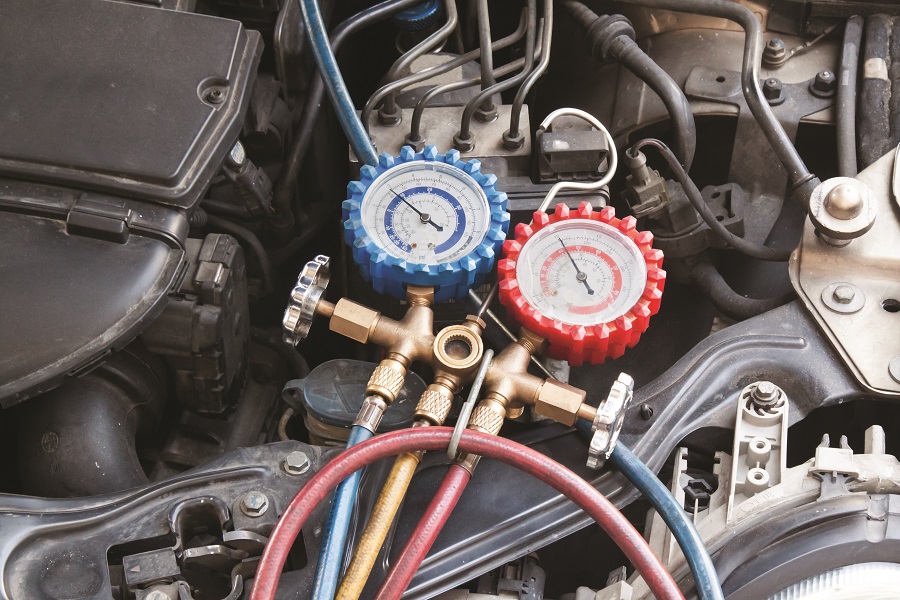
Credit: www.autozone.com
Frequently Asked Questions
Why Is My Car Ac Not Cooling Suddenly?
Your car AC might not cool due to low refrigerant, a faulty compressor, or a blocked condenser. Check for leaks, clean the condenser, and ensure the compressor works properly. Regular maintenance can prevent these issues.
Why Is My Car Ac Not Blowing Cold Air?
Your car AC might not blow cold air due to low refrigerant levels, a faulty compressor, or a clogged condenser. Check for leaks or electrical issues. Regular maintenance can prevent these problems.
How Much Does It Cost To Recharge A Car Ac?
Recharging a car AC typically costs between $100 and $200. Prices vary based on location and vehicle type.
Conclusion
Understanding why your car’s air conditioner stopped working can prevent future issues. Regular maintenance is crucial. Check for common problems like refrigerant leaks or faulty compressors. Addressing these issues early can save money and ensure comfort. Keep your vehicle’s AC in top shape for a pleasant driving experience.

